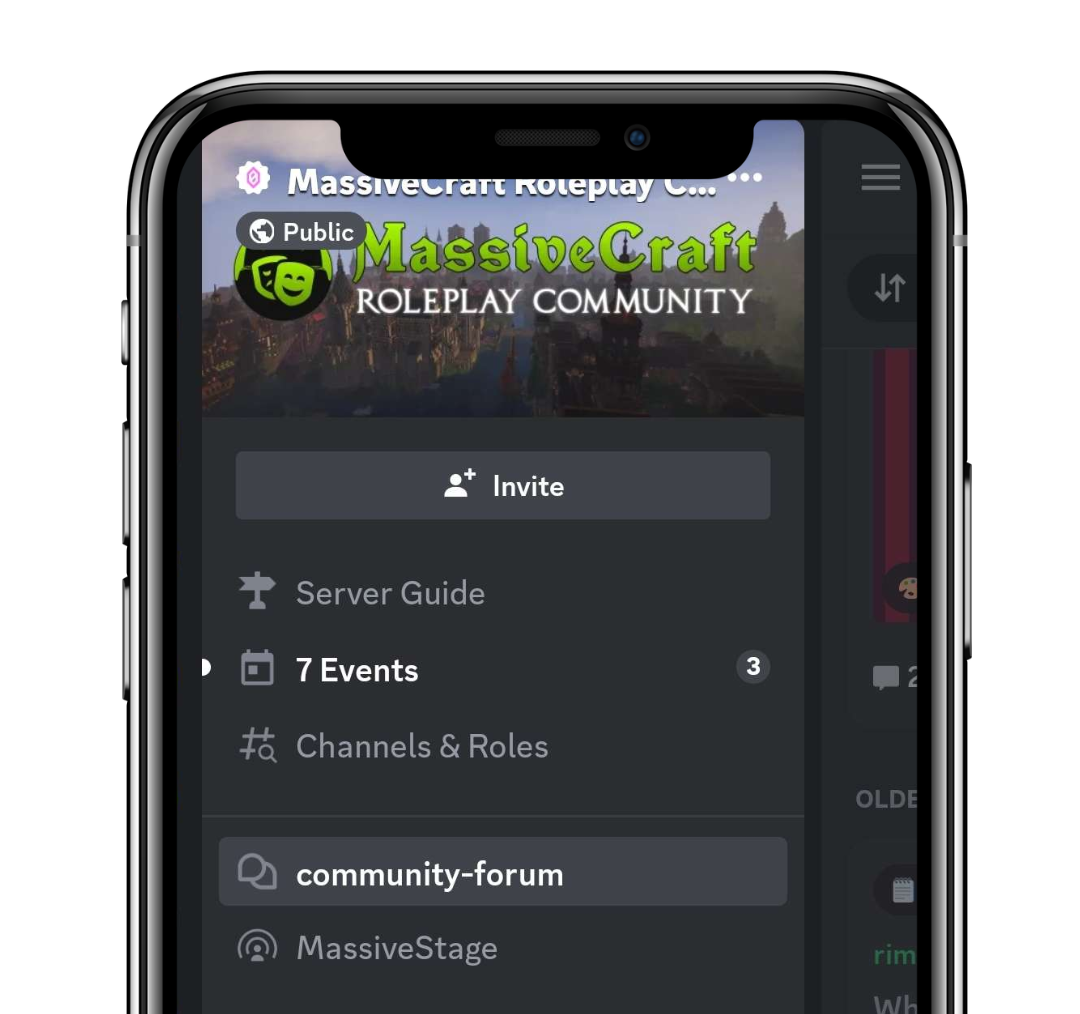Table of Contents
Metagaming in roleplay is the act of acquiring information about a person, place, event or thing from a source while out of character, then allowing that information to affect your actions in character. Metagaming often leads to one side of roleplay feeling cheated, having their character’s identity or secrets become common knowledge through unfair means.
While it may seem like a good idea to metagame for some advantages, there are frequent consequences that accompany it. Metagaming is looked down upon by many players in the roleplay community. It also tends to ruin roleplay experiences for both parties involved, and removes the potential of future positive roleplay experiences.
Examples of Metagaming in Roleplay
- Larry the vampire is a character who pretends to be blind to hide his red eyes from the public. The person who roleplays Larry mentions OOC that their character is a vampire, and the person who roleplays Joe the trader overhears this. The next time Joe sees Larry, Joe alerts the guards of Larry’s vampirism. In this example, Larry runs the risk of being executed or cured, ruining any plans Larry’s roleplayer may have had and betraying the trust that roleplayer had put in the hands of others.
- Robert Coolname steps into the tavern, his first time ever in Regalia! After buying himself a drink and readying himself to have a good time, Kattie the vampire walks up to him and greets him with “Why hello Mr. Coolname.” without ever actually being introduced to him. In this example Robert has never been to Regalia, nor has he ever met Kattie. This sort of metagaming is often overlooked, but tends to have an unsettling effect. Robert may feel awkward that someone knows his name impossibly, feeling that roleplaying in Regalia isn’t worth his time if somehow everyone knows his name.
- David the hunter battles with the evil Bloodfang Humandrinker, but sadly falls in combat. The player who roleplayed David feels angry that they ‘lost’ this roleplay encounter, so they make a new character, David the blacksmith. This new David, who has neither a grudge or knowledge of who Bloodfang is, seeks them out to combat them once more. In this example, the player who plays David refuses to accept the loss of his character in fair circumstances. Instead, the player makes an entirely new character for the sole purpose to bridge the failings of the last. This often makes people feel harassed, and leading to ill feelings and a pointless character.
Tips to Avoid Metagaming
- Never go looking for out of character information.
- If you learn something OOC unintentionally, attempt to forget it or push it to the back of your mind.
- Always remember that you and your character are two separate entities; you may have information about a person or event, but your character does not.
- If somehow you managed to accidentally metagame, attempt to recover by creating a credible reason as to why your character got the OOC information. (Generally this is easiest to do by apologizing to the person you just metagamed, and then figuring it out with them.)
- Don’t change your behavior in-character based on what you know about another character or roleplayer out-of-character. Behaving strangely around examples like a vice, a staff member, or a vampire can be detrimental to your experience and that of the other roleplayer.
- If all else fails, retcon: omit the metagamed interaction from your character’s existence and make sure everyone else who gained that information from your character, also omits it.







